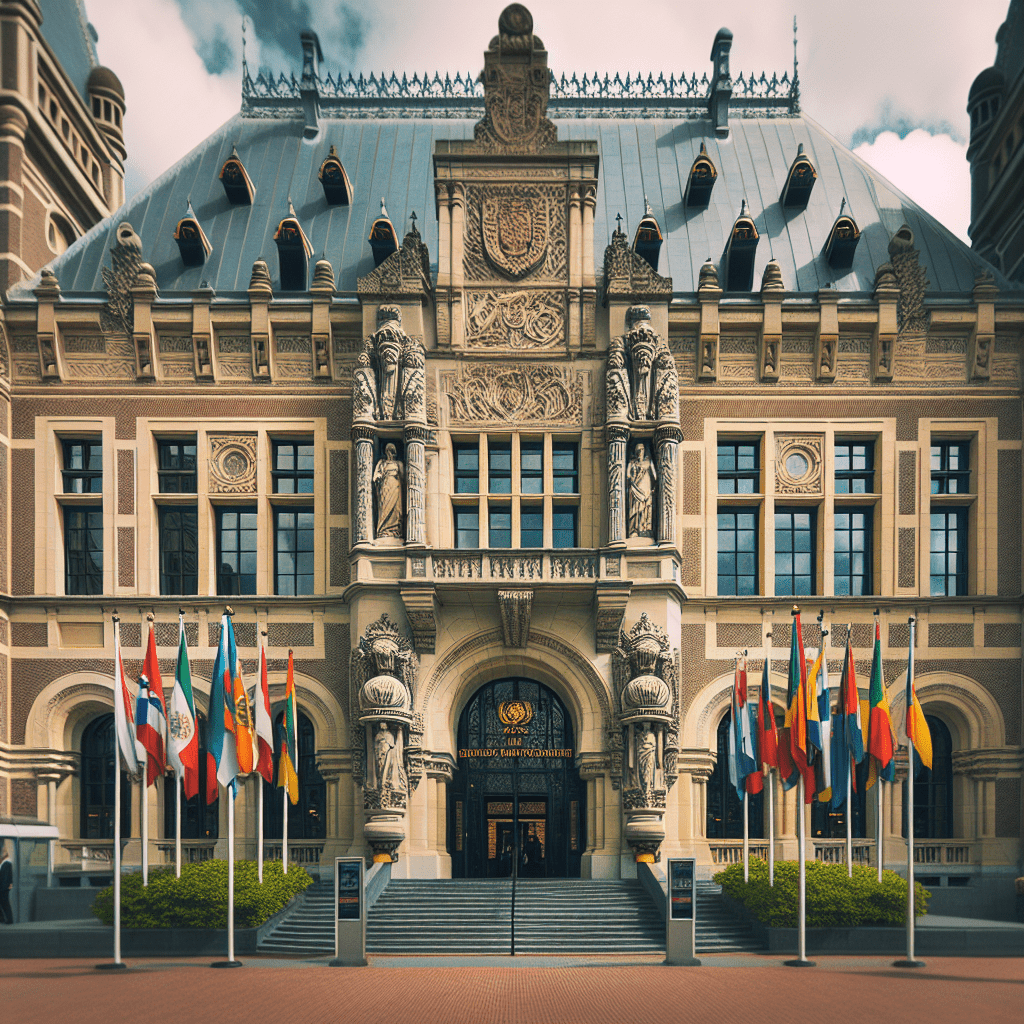International Court of Justice: Upholding International Law and Peace
The International Court of Justice (ICJ), sometimes colloquially referred to as the World Court, serves as the principal judicial organ of the United Nations. Established in 1945 by the Charter of the United Nations, the court is headquartered at the Peace Palace in The Hague, Netherlands. Through its rulings and advisory opinions, it plays a critical role in the international community by settling legal disputes between states and giving opinions on legal questions referred to it by authorized international organs and agencies.
Background and Establishment of the ICJ
The ICJ was preceded by the Permanent Court of International Justice (PCIJ), which was established after World War I in the wake of the League of Nations. However, the PCIJ’s authority was limited and failed to prevent the outbreak of World War II. Consequently, when the United Nations was created, it was tasked with establishing a new judicial body, resulting in the founding of the ICJ.
Composition and Jurisdiction
The court consists of 15 judges elected for nine-year terms by the United Nations General Assembly and Security Council. They represent the world’s principal legal systems and cannot be nationals of the same country. Elections are staggered so that five judges are elected every three years, ensuring continuity in the Court’s case law.
The ICJ has a dual role: settling legal disputes submitted by states and giving advisory opinions on legal questions referred to it by international organs and specialized agencies. These can include any issue relative to international law, such as territorial boundary disputes, maritime boundaries, diplomatic relations issues, state sovereignty, war crimes, and treaty interpretations.
Significant Cases Handled by the ICJ
Over the years, the ICJ has dealt with many significant cases that have had a profound impact upon international law. Some notable cases include:
– The Corfu Channel case (United Kingdom vs. Albania)
– The Nuclear Weapons Advisory Opinion
– Territorial disputes such as those between Nicaragua and Colombia over maritime boundaries
Each case adds to the corpus of international law and represents an evolving understanding and application of jurisprudence at an international level.
Operational Processes
When a case is brought before it, ICJ proceedings often involve written phases (written memorials by parties) followed by oral argumentation. The judges then deliberate in private and the decision is reached with a majority vote. If there is no majority, the President’s vote becomes decisive. Judgments are final and without appeal; if disputes arise concerning their interpretation or execution, they may be brought back before the Court.
Challenges and Criticism
Despite its critical role in peaceful dispute resolution between nations, the ICJ has been subject to various criticisms. Issues such as questions about enforceability of its decisions—that is, there is no direct mechanism to ensure compliance by states—as well as its representation that some argue is not truly reflective of the international community. Further critique extends towards accusations of bias or impingement upon sovereignty.
Impact and Importance of the ICJ
The International Court of Justice stands as a cornerstone institution in maintaining global peace by promoting respect for international law. As problems transcend national borders requiring cooperative solutions, the role of ICJ assumes a vital stance for impartial adjudication expected from it by the world community.
Notes
*Image description: The front entrance to the Peace Palace in The Hague, Netherlands, with its ornate façade, featuring flags from multiple nations signifying their participation in the system of international law embodied by institutions like the International Court of Justice (ICJ).*
